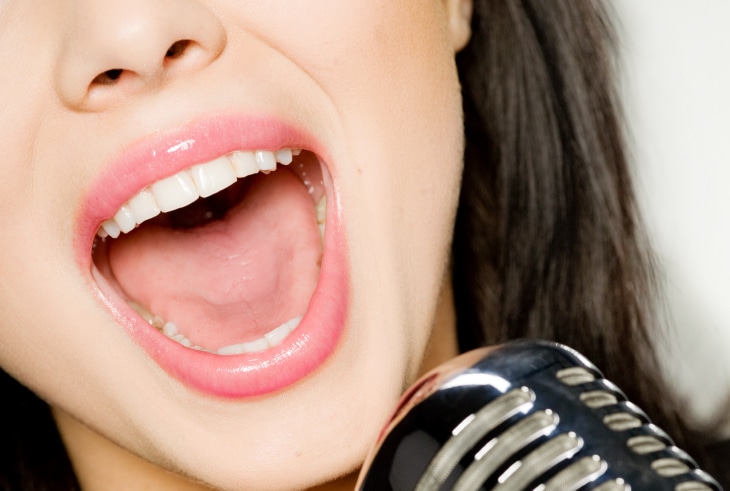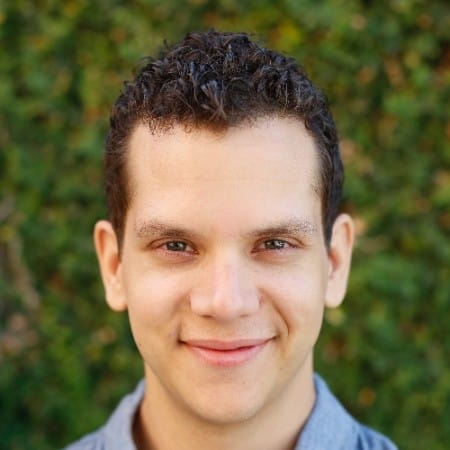Contents
Have you been seeking professional lessons on singing and was absurdly advised just “yawn when singing?” Don’t worry, you aren’t the only one. Consequently, if are looking for a sensible explanation to your question of “why do I yawn when I sing?” this article is for you.
Why Do I Yawn When I Sing?
While some see yawning as an indication that your sleepy or tired, that doesn’t make sense when you yawn while singing. Yawning can also be associated with some medical conditions or an indication of improper breathing, especially if it occurs frequently while you’re singing. In this article, let’s delve into the benefits of yawning when singing.
Why do I yawn when singing, in the first place?
When you are singing, your body needs more oxygen. In order for your body to acquire a huge volume of oxygen, the only way to do it is through yawning. When your throat is in the right position, it’s also the right position to cause yawning. It simply is the natural flex and the most comfortable position of your throat.

Yet, in a much deeper perspective, yawning while singing can be triggered by the movement of the soft palate. As you sing consonants your soft palate lifts – just like when you yawn. So, your brain gets confused and automatically pulls the trigger for you to yawn.
Is Yawning When Singing Really that Bad?
Yes and No.
Especially for new singers who haven’t learned so much about some singing techniques, yawning could be bad. It takes more practice to be able to control yawning and use it to your advantage. However, as you go on, with intensive practice, and the right execution, the yawning technique could turn your singing career around.
Yawning can really affect performance negatively if you don’t know how to maximize it. It’ll distort your sound and pronunciation of the lyrics. It’ll also appear you don’t have the energy and power to entertain and to give them the performance they deserve.

The key is to control your yawning and only use it when it’s necessary. If you know when and how you must yawn, you’ll be able to relax your jaw, cool down your brain, and get ready to perform from dusk ’til dawn.
Overcome Yawning While Singing
The first step to keeping yawning at bay is to control it and really master the art of controlling it before your big day.
Before Singing
- Practice makes you excellent. You must train your brain to get into the habit of conscious yawning, so you’ll sing without interruptions. Make sure that you’ll include the yawn technique when warming up.
- Breathing exercise is very important to supply enough oxygen to your body while you need to hit high notes and execute powerful vocals. Breathe fresh air so you keep yawning away. Try to breathe in much longer (around 6 seconds). Hold it for a second and release it faster (like around 4 seconds).
- Make sure that you’ve taken a wonderful sleep before your performance. Though singing tires you, and may demand you to yawn, not having enough sleep can aggravate yawning. If you are tired, you won’t surely pump up your performance. Even if you won’t yawn while singing, you can’t still deliver a remarkable performance.

While Singing
- You know that yawning is contagious. If you happen to see someone in the audience who has a gaping mouth, look away.
- Make sure you know how to breathe properly when singing. Try to steal breath in between phrases, so you will have the power to finish the song without the urge to yawn.
- If you really feel like yawning, try to lower your soft palate a bit. You can also close your mouth a little, but do it without making any obvious negative effects on your performance.

Be confident. Never become conscious and anxious that you’ll yawn. If you keep on thinking that you might yawn as you perform, the more likely it is that you’ll yawn.
Yawning While Singing
Yawning while singing isn’t really something bad, after all, if you know the correct technique. So, let’s start with the basics. But before jumping into the details, check out these easy-to-follow steps on how to integrate yawning into singing.
Phases of Yawning
There are two stages of yawning as you breathe – breathing in and breathing out.
In the first phase, you breathe in. When you do this, your belly goes outward and your rib cage widens. This is the perfect position to start singing. In the second phase, you breathe out. When you exhale your belly goes inwards. As you sing, you must ensure that your belly moves inwards. If you need to hit high notes, simply relax your jaw (going into the yawning position) and belt.
Richer Vocals?
If you want to achieve a richer tone, yawning is the easiest technique to use. Try to execute yawning as you produce a note – you’ll definitely get low tones. If you want to reach high notes, the yawning technique can also help you loosen up and relax your jaw to achieve it.
Uncontrollable Yawning
Yawning can also be linked to some medical conditions. If after reading the previous section, you still yawn frequently as you sing, you might need to see a doctor. It’s better to seek professional advice before it’s too late.
Conclusion
Commonly, yawning means you are tired and sleepy. However, why do you yawn while you sing? Stress and not enough sleep could be a reason, but it could be because you are thinking about yawning. Furthermore, yawning is contagious. So, if you see someone yawning or about to yawn, your brain will essentially activate the parts responsible for yawning.

Every detail and information you need about the benefits of yawning was described in this article. You can also see in the video how to properly practice the craft of yawning while singing. You’ll definitely sing without falter and sing beautifully if you master the yawning technique in singing.

Hi music fan! I am Jeff. Hope that you enjoy some stuff I shared here in my personal blog.
About myself, Currently I am in charging as Artist Manager/Music Supervisor at 72 Music Management. I did managed album to Grammy Award in 2017 with 7 Nominations from 2014-2020 and had the opportunities to work with : A.J. Croce, Blind Boys of Alabama, Bobby Rush, Dom Flemons, Dustbowl Revival, Sarah Grace
Governor of the Memphis Chapter of The Recording Academy is one of a award that I am lucky to achieved.
